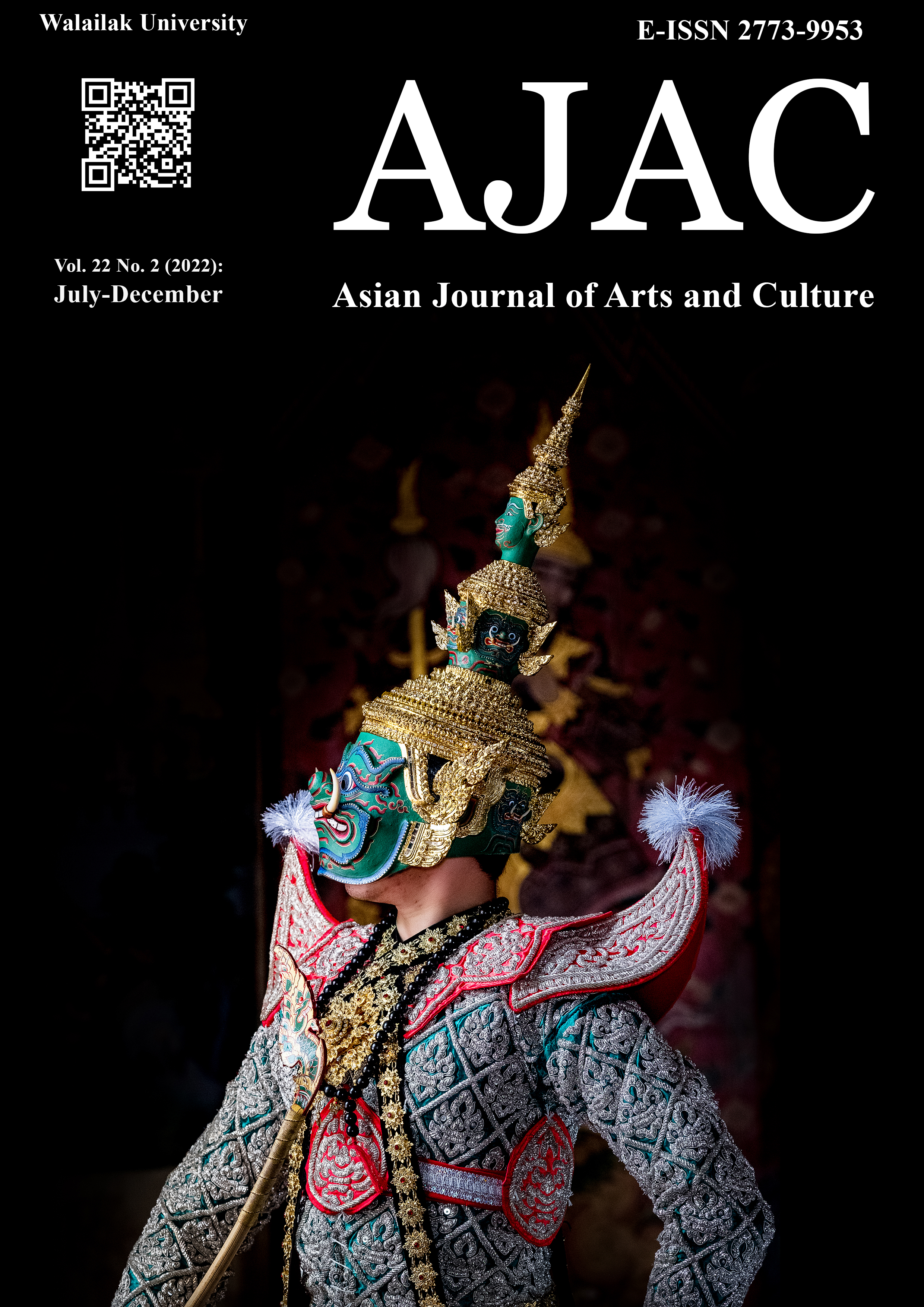Social Harmony in The Bedusun Sedakah Tradition at Belitang District Martapura Regebcy Indonesia
Main Article Content
Abstract
The various regions of Indonesia certainly have cultures and traditions that are formed and passed down from generation to generation. All existing customs and practices have their own unique features and turn them into a feature of society. The diversity of customs is also an attraction, not only must be preserved, but existing are traditions also important to be introduced to a wider audience. A tradition that exists and is practiced in the culture of the South Sumatra region is sedakah bedusun . A tradition to express gratitude and purify the village from various trials and difficulties of life. This study aims to understand and interpret the social and religious values contained in the tradition. This study uses a sociocultural approach and phenomenological type research while data collection techniques are increasingly advanced, namely observation, in-depth interviews in addition to documentation. Data analysis is used simultaneously through interpretation and contents. The results of this study indicate that traditions based on local wisdom have undergone a process of acculturation and acculturation. The meaning of this tradition is to invite the community at large to maintain harmony and make it a social bridge for many people. This is reflected in each traditional procession and its social significance.
Article Details

This work is licensed under a Creative Commons Attribution-NonCommercial-NoDerivatives 4.0 International License.
© 2018 by Asian Journal of Arts and Culture, Walailak University. All rights reserved.
References
Avis, P. (2013). God and the creative imagination: Metaphor, symbol and myth in religion and theology. London, England: Routledge.
Fairholm, G., W. (2000). Capturing the heart of leadership: Spirituality and community in the new American workplace. United States: Greenwood Publishing Group.
Falk, A., & Fischbacher, U. (2006). A theory of reciprocity. Games and Economic Behavior, 54(2), 293– 315.
Fortes, M. (2018). The dynamics of clanship among the Tallensi: Being the first part of an analysis of the social structure of a Trans-Volta tribe. London, England: Routledge.
Fry, L. W. (2003). Toward a theory of spiritual leadership. The Leadership Quarterly, 14(6), 693–727.
Geertz, C. (2005). Shifting aims, moving targets: on the anthropology of religion. The Journal of the Royal Anthropological Institute, 11(1), 1–15.
Geertz, C., & Banton, M. (1966). Religion as a cultural system. London, England: Routledge.
Heaton, J. (2008). Secondary analysis of qualitative data: An overview. Historical Social Research/Historische Sozialforschung, 33–45.
Heitzeg, N. A. (2009). Education or incarceration: Zero tolerance policies and the school to prison pipeline. Retrieved from https://files.eric.ed.gov/fulltext/EJ870076.pdf.
Hidayat, B., Fatoni, A., Saksono, H., Asriani, A., & Andari, T. (2022). Integrated River Transport Development to Support Smart City. Jurnal Bina Praja, 14(1), 1–15.
Keesing, R. M. (1974). Theories of culture. Annual Review of Anthropology,3,73–97. http://www.jstor.org/stable/2949283.
Kimball, S. T. (1965). The transmission of culture. Educational Horizons, 43(4), 161–186.
Lans, W., & Van der Voordt, D. J. M. (2002). Descriptive research. In Ways to study and research urban, architectural and technical design. Retrieved from https://research.tudelft.nl/en/publications/descriptive-research-2.
Miftahudin, A. (2016). Penanaman Nilai Syukur dalam Tradisi Sedekah Bumi di Dusun Kalitanjung Desa Tambaknegara Rawalo Banyumas. Jawa Tengah 53126, Indonesia: IAIN Purwokerto.
Peletz, M. G. (2018). Islamic modern: Religious courts and cultural politics in Malaysia. United States, USA: Princeton University Press.
Prahyadsap, T., & Suetair, A. (2022). Muslims in Koh Yao Noi: Different Perspectives on Tombs (Qubur). Asian Journal of Arts and Culture, 22(1), 254453.
Roberts, K. A., & Yamane, D. (2015). Religion in sociological perspective. United States, USA Sage Publications.
Roszi, J. P., & Mutia, M. (2018). Akulturasi Nilai-Nilai Budaya Lokal dan Keagamaan dan Pengaruhnya terhadap Perilaku-Perilaku Sosial. FOKUS, Jurnal Kajian Keislaman Dan Kemasyarakatan, 3(2), 172-198.
Salamon, H., & Goldberg, H. E. (2012). Myth-ritual-symbol. A Companion to Folklore, United States, USA: Blackwell Publishing Ltd.
Scott, J. C. (1977). The moral economy of the peasant. In The Moral Economy of the Peasant. New Haven, CT: Yale University Press.
Scott, J. C. (2012). Decoding subaltern politics: Ideology, disguise, and resistance in agrarian politics. United States, USA Routledge.
Syawaludin, M. (2021). Transformation of Islamic Values in Political Interests and Moderate Awareness in Indonesia After the Fall of New Order 1998. Turkish Journal of Computer and Mathematics Education (TURCOMAT), 12(9), 3017–3026.
Whitehouse, H. (2004). Modes of religiosity: A cognitive theory of religious transmission. United States, USA: Rowman Altamira.
Interview
Siti, (2021 n.d.). Personal communication [personal interview]
Syamsudin, (2021 n.d.). Personal communication [personal interview]


